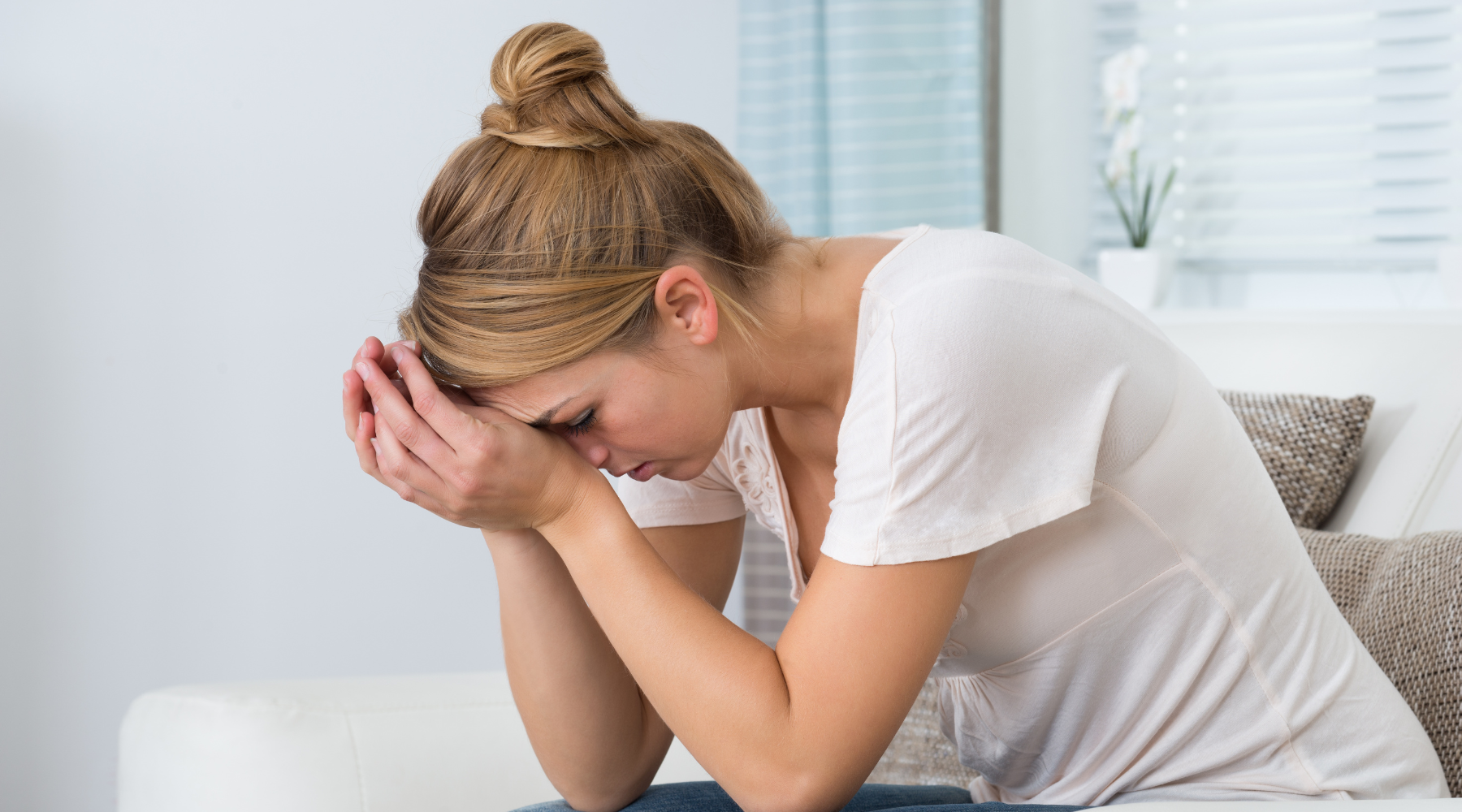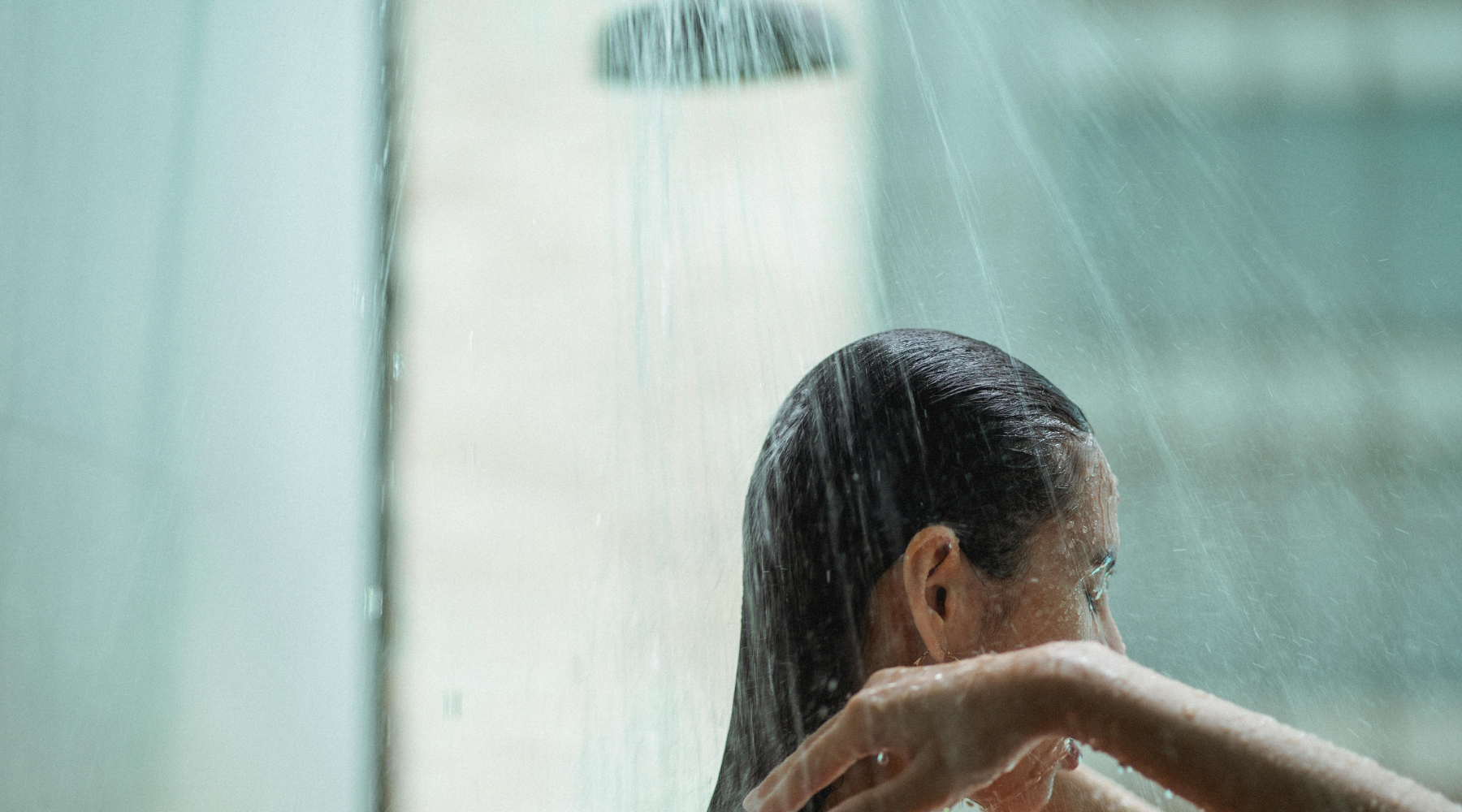
There are many reasons why some people get thirstier at night. As a health coach, the first thing I ask my clients is if they have a health condition or are taking any medication, and go over their list of medications. Corticosteroids, antipsychotics, antidepressants and anticonvulsants can make you thirstier at night. If my clients are waking up thirsty after taking medication, I will ask them to speak to their doctor to see whether there’s an alternative that won’t make them so thirsty before going to bed or in the middle of the night.
Diabetes can also cause excessive thirst. When the body can’t properly process sugar, the kidneys work overtime to try to eliminate the excess sugar from the bloodstream. The kidneys produce more urine, causing the body to lose more urine than normal, which triggers excessive thirst and a desire to drink more water.
Sleep apnea can also be a cause, as breathing through your mouth causes dry mouth and thirst at night. Anemia is a disorder that affects your red blood cells, causes fatigue or tiredness, as well as increased thirst and can sometimes lead to dehydration.
In these cases I recommend speaking with their doctor.
If my clients are not taking medication or present health conditions that might be causing them to be thirstier at night, I start by asking them if they have hydrated enough throughout the day, as dehydration is the first thing to consider. I don’t recommend drinking too much water right before bed as that might cause them to use the bathroom in the middle of the night, which can disrupt their sleep. If their daily liquid intake seems to be normal we look at other factors that might be causing them to be thirstier at night.

What you eat can affect your nighttime routine. Adding too much salt to your food can cause excessive thirst, and foods that are too salty are not recommended, especially in the evening. Various types of inflammation that can be caused by food, burns, sunburns or allergic reactions to personal care products, can also cause someone to be thirstier at night. In this case I will go over the person’s eating habits, try an elimination diet to see which foods might be causing the inflammation in the body. As for topical allergic reactions, I will review the ingredients used in their products and recommend them to stop using any that contain synthetic allergens and suggest natural substitutes.
Their sleeping environment can also cause them to be thirstier at night. If the temperature in their room is too high they tend to feel hot, sweat more and get dehydrated. My suggestion is to keep the room temperature when going to sleep between 60 to 70F. If the air in the room is too dry I recommend adding a humidifier to the room, and as an option add a few drops of organic lavender essential oil to help get better sleep.

Working outdoors in the heat or exercising heavily can also cause dehydration. In that case water and natural electrolytes throughout the days is recommended.
A hangover can make people thirstier at night due to loss of fluids through urination during the day. For this reason, alcohol consumption, especially in excessive amounts may cause dehydration. Consumption of liquids with natural electrolytes such as coconut water, herbal teas and broths, in addition to water, help restore the body’s sodium level.
Vomiting, diarrhea, or fever causes the body to lose a lot of fluids and cause excessive thirst at night. In this case drinking more liquids to replace the water and electrolytes they’ve lost is essential.

For women, the reproductive hormones estrogen and progesterone can affect the fluid regulation and thirst in the body. During perimenopause and menopause hormonal changes can cause hot flashes, night sweats, and increased thirst. If a woman is in menopause, in addition to drinking plenty of water during the day I recommend maca root as well as other herbal supplements. Maca has been shown to improve hot flashes in some postmenopausal women and for those unable to take estrogen replacement therapy due to health concerns, maca is a safe and effective alternative.
The same way some people go through emotional eating, excessive thirst at night can be due to anxiety or other stress factors. As a holistic health coach, I consider not only what my clients are feeding their body but also their minds. Emotional stress and other factors that cause anxiety can make the person feel thirstier at night. The journey to wellness works from the inside out, therefore I like to get to the root of the problem to help lead to the best solution.
People generally feel thirsty when their bodily fluid levels are lower than the normal, which is why a thorough investigation to find out the root cause is needed before taking action steps.
Lots of Crunchy Love,
Wanda



